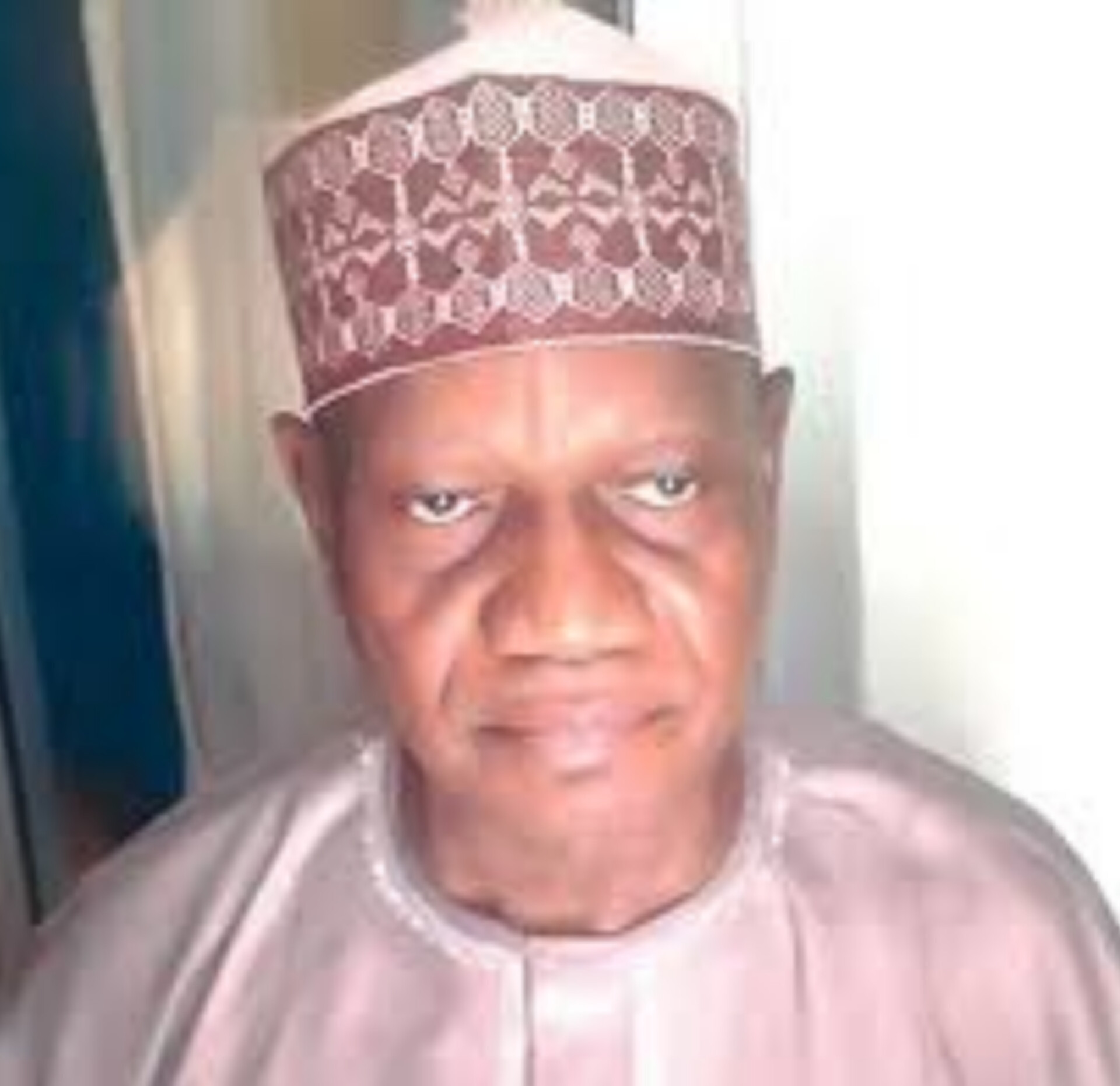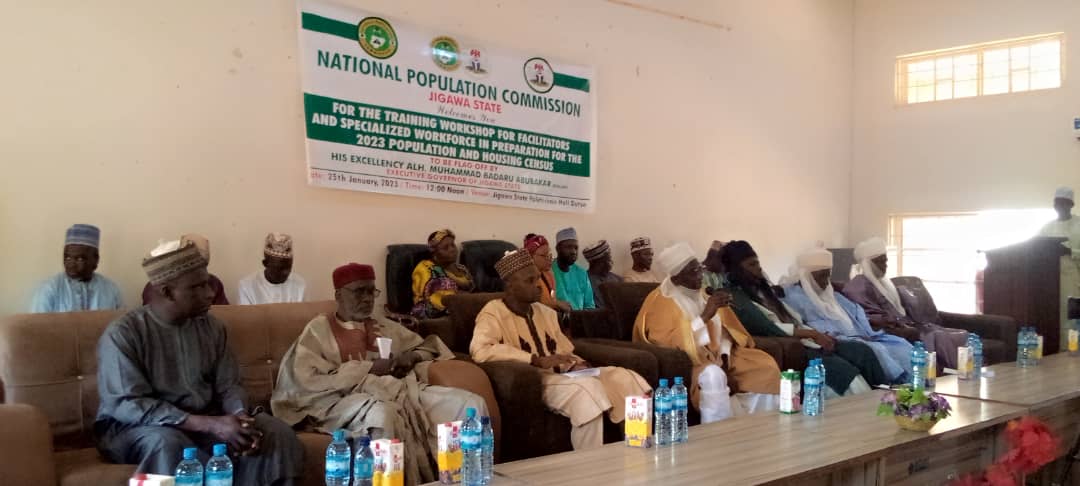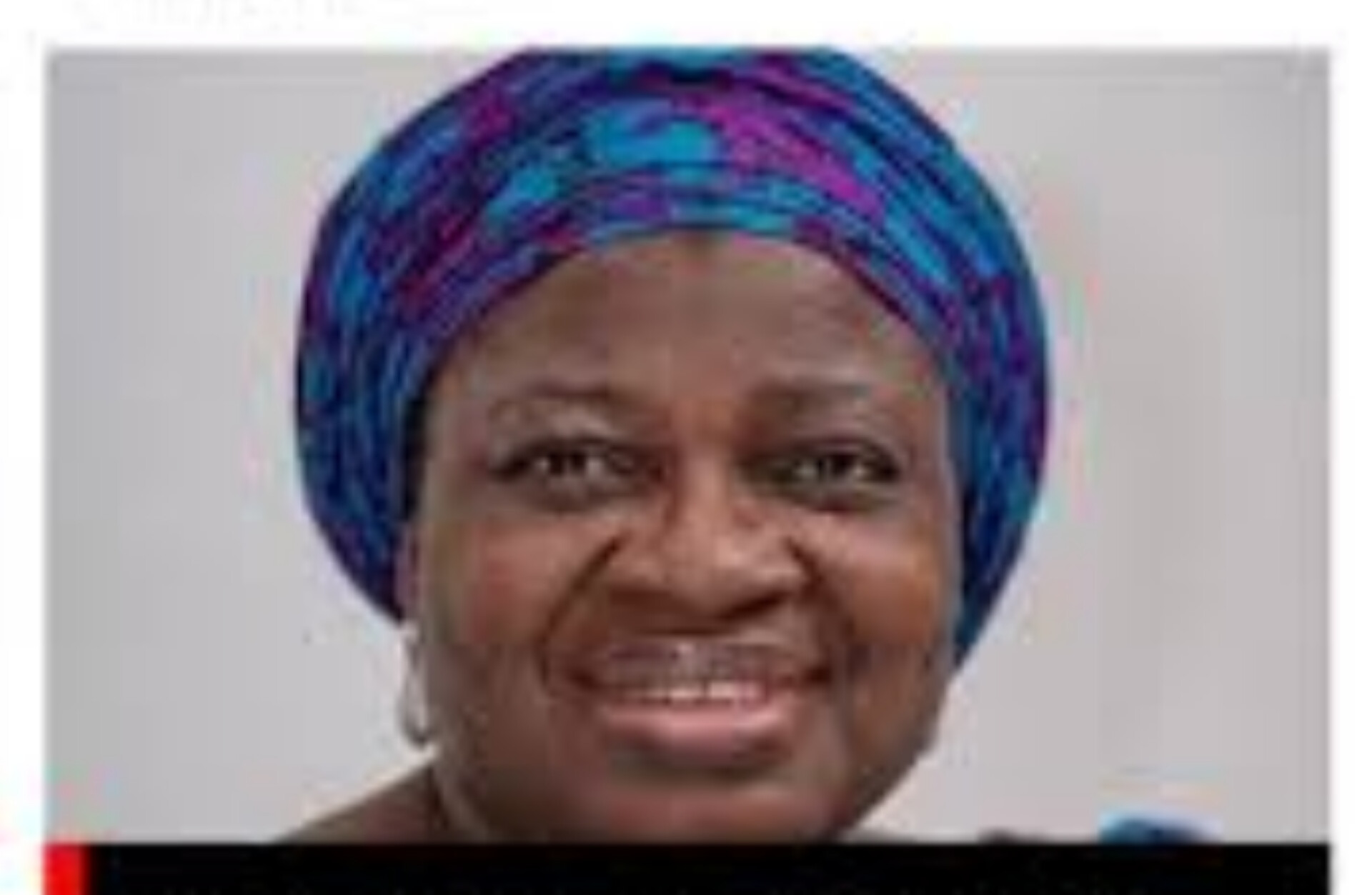***Says, Kogi governorship election was a sham
An All Progressives Congress (APC) stalwart, Senator Alex Kadiri has eulogised late former president, Alhaji Shehu Shagari for several infrastructural development initiated by his administration, notable among which is the conception and construction of the Ajaokuta Steel Company, in Kogi State.
Senator Kadiri who represented Kogi East in the Senate from 1999 to 2003 said the Shagari administration made giant strides towards the advancement of the Nigeria with a nationalistic view

The steel complex which was said to have been about 90% completed in 1984 by late Nigerian first executive President Alhaji Shehu Shagari had been abandoned by successive administrations and the gigantic project has been lying fallow almost in the shadow of its potentials.
He lamented that if subsequent governments after the Shagari administration in 1983 had been sincere in completing the project, it would have taken Nigeria to its Eldorado.
Senator Kadiri spoke to journalists receltly in Abuja after a trip to his hometown Odu in Dekina, Local Government of Kogi State.
He urged Nigerians to pray for the late president Shagari because the level his government left Ajaokuta as the president of Nigeria is where it is today as he described the gigantic project as a national disgrace and shame.
“Nigerians, we are so wasteful, so indecent. I don’t think Nigerians deserves any good thing,” he said.
He said the road leading to Lokoja the Kogi State capital has been under construction for the past seventeen years, yet the road has no portion that can be said to have been concluded.
“There’s no other state capital that looks like mine. Which was also the first country’s capital. I passed through that road with tears in my eyes.
“It’s very unfortunate for me that my party is APC. It has not done any thing across the river Niger for the past eight years.
“God knows, we know, If this is democracy, then we are not practicing such in that part of kogi state. Nigerians resources were just wasted by INEC by conducting a sham election.
“Once I arrived at my village, everyone was looking very frail and impoverished and dispirited in a country in which they live. They can’t go elsewhere, they’re stuck.
“I’m even mocked by my children about the fact that I speak about such things and I’m being paid with a deaf ear. They feel that I’m criticizing the government too much and should just keep quiet like every other person, because that’s what Nigeria wants.
“Nigerians are bing treated like conquered slaves. We’ve not conquered Nigerians. We’ve not conquered Kogi State. We’ve not conquered the Igala people. We’ve not conquered the individuals. We’ve forced them and this force cannot be sustained.”
According to him, the November 11, governorship election was a rape of democracy as nobody voted for anyone, adding that there was no election.
“The government will feel like, they in control of all the local governments, we’ve all the councils, all the chairmen.
He pleased with God to forgive him, his family because we know not what we’re doing. We’re taking Nigerians as nothing, and in fact they have no choice. They can’t protest.
He blamed the National Assembly members from Kogi State who want to play roles of the executive.
“They now want to construct boreholes, roads, schools and so on, which are the functions of the executive. They are supposed to make laws for good governance of the country, the state and the local governments. They are not expected to do such.”




